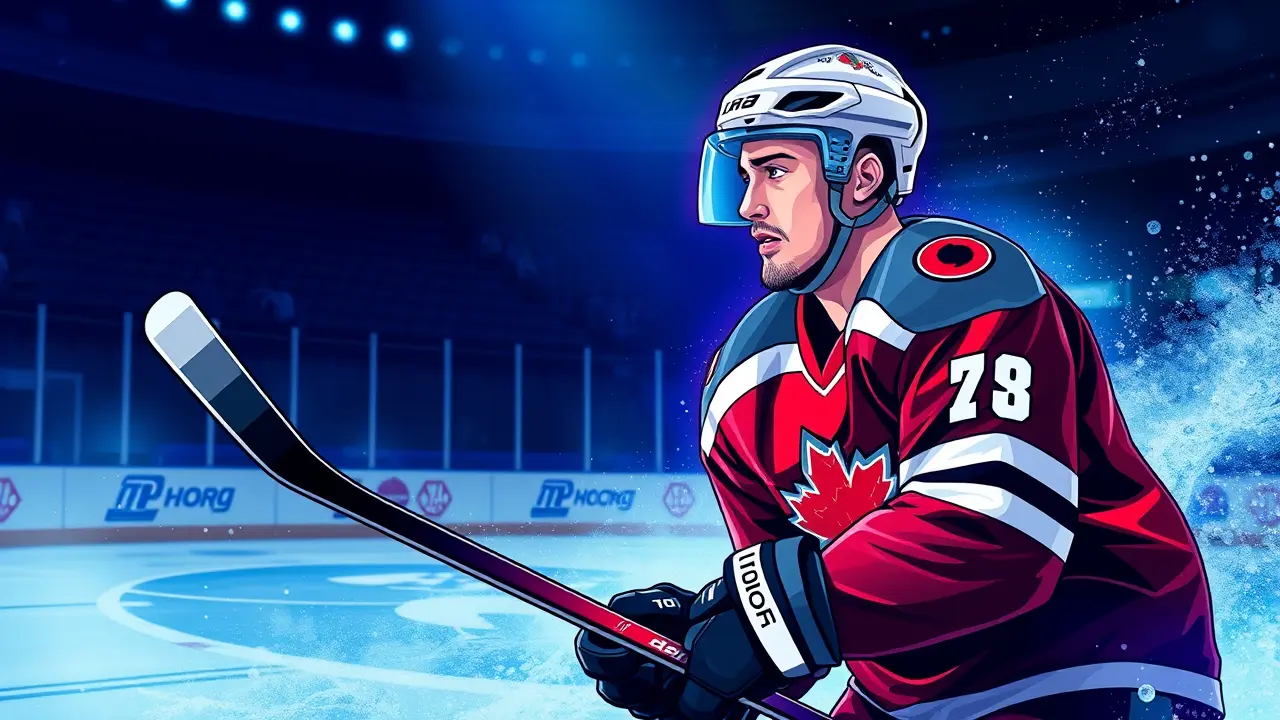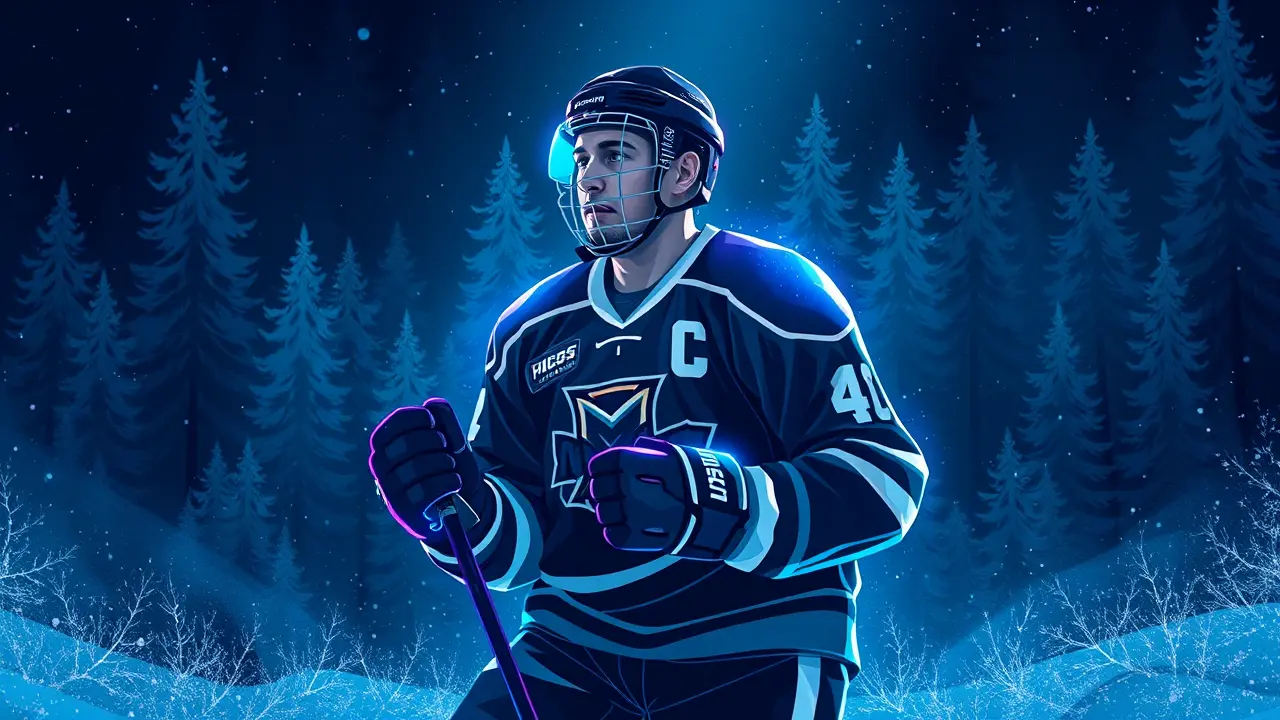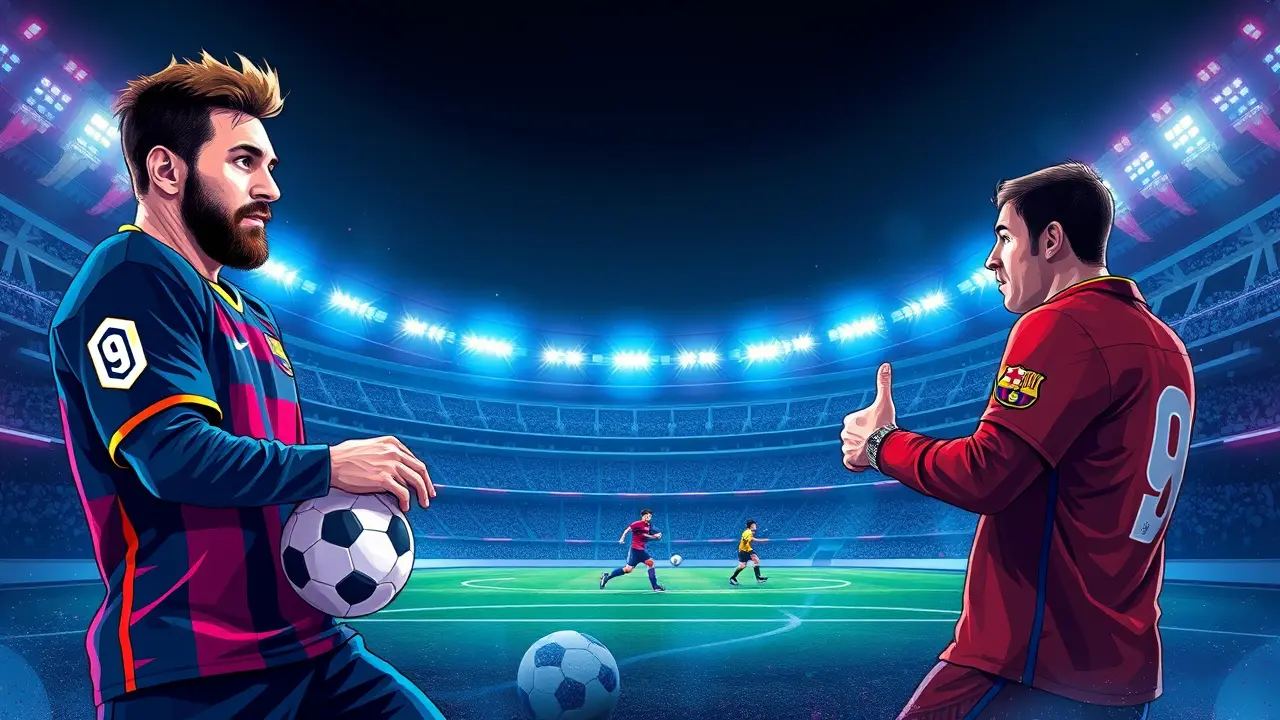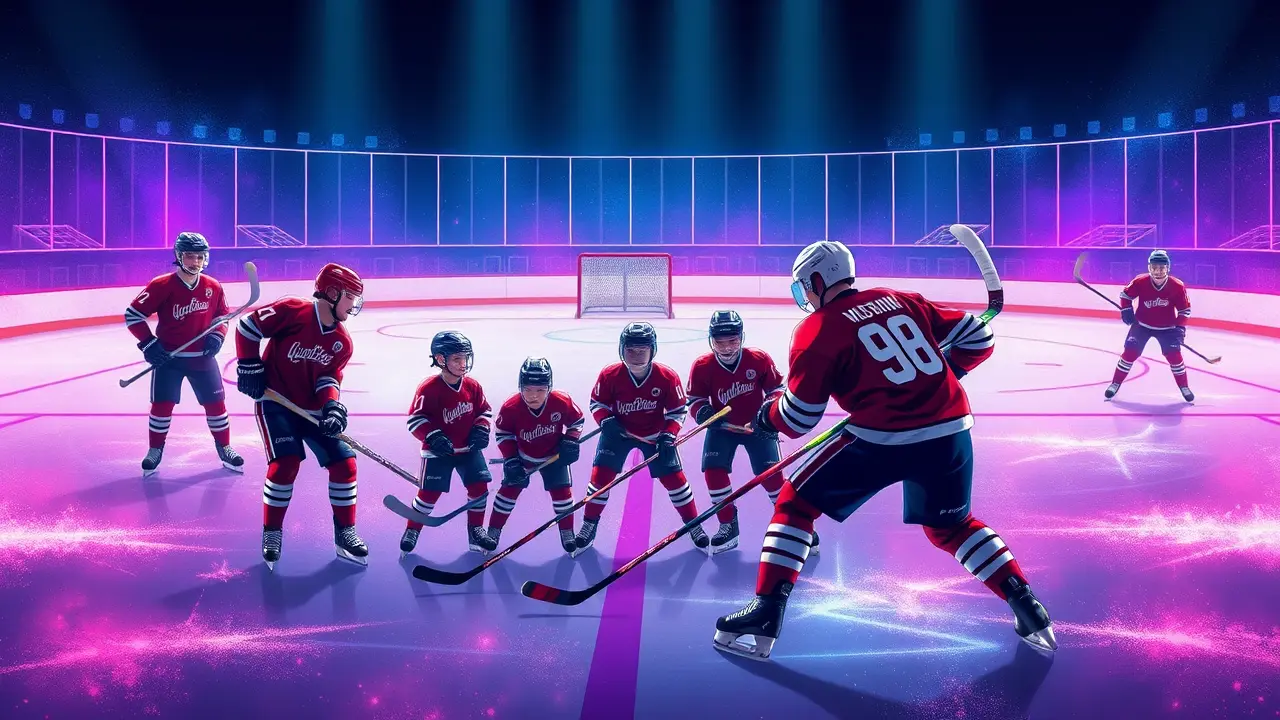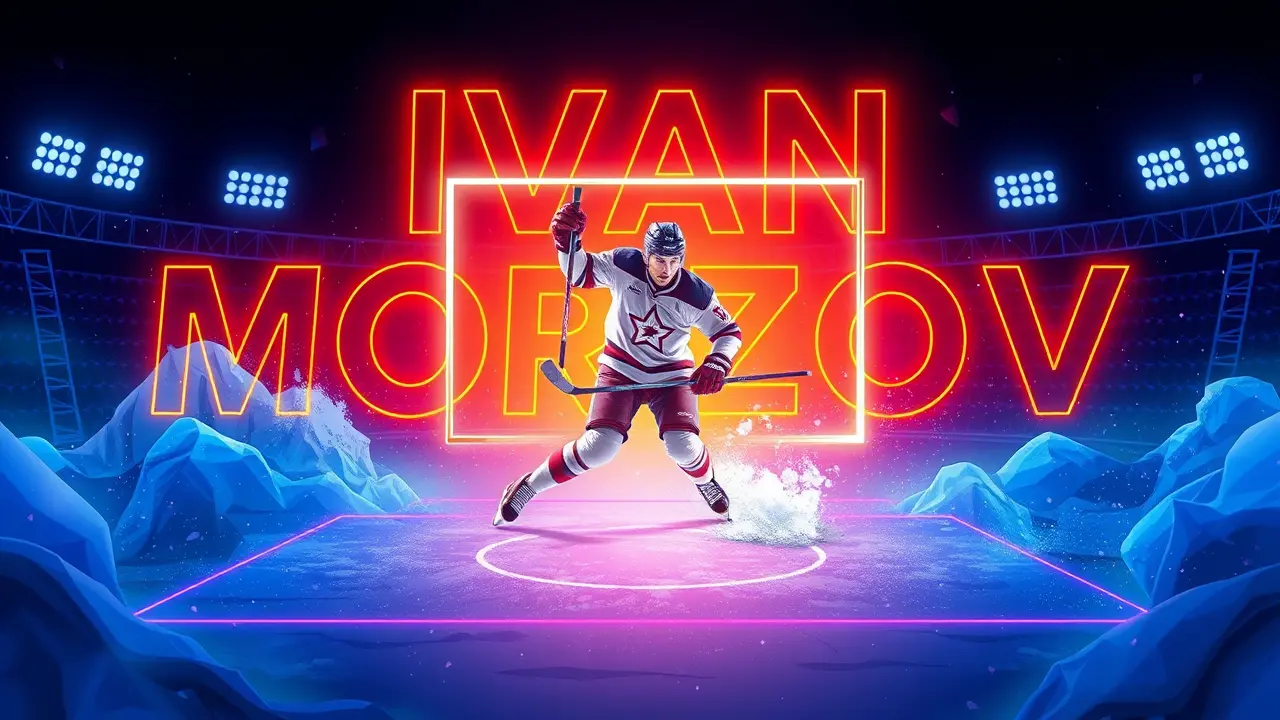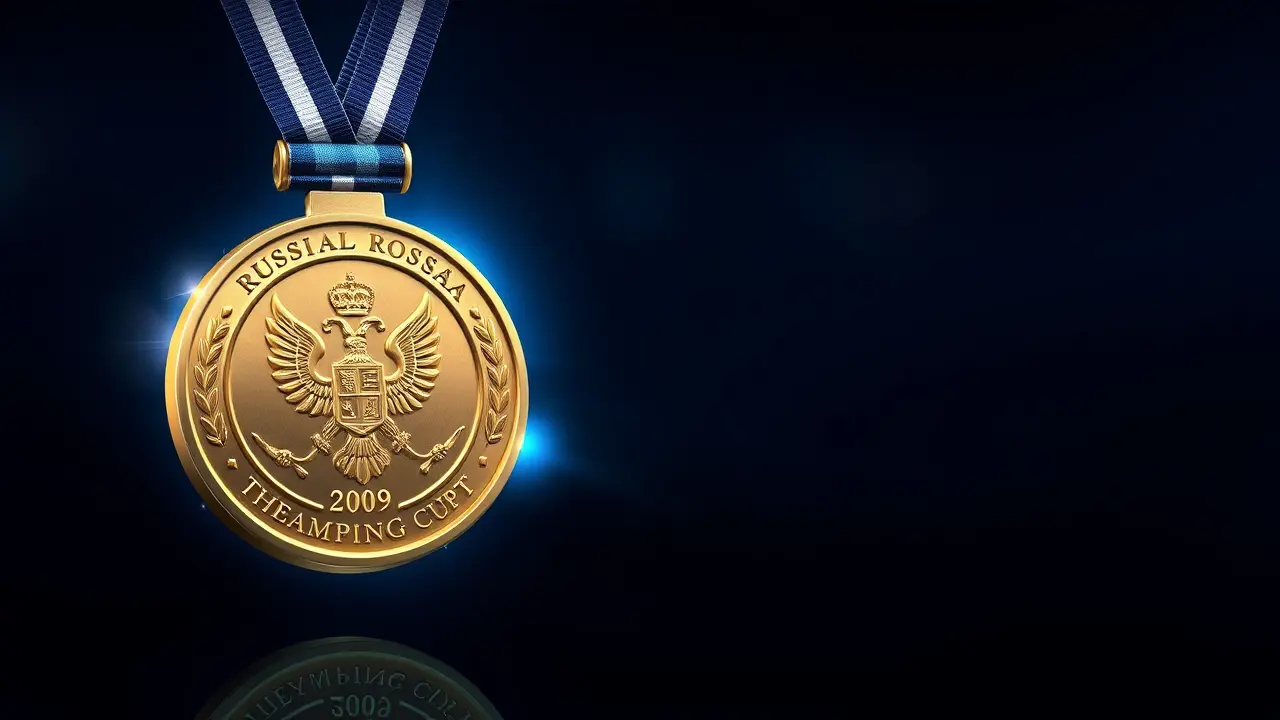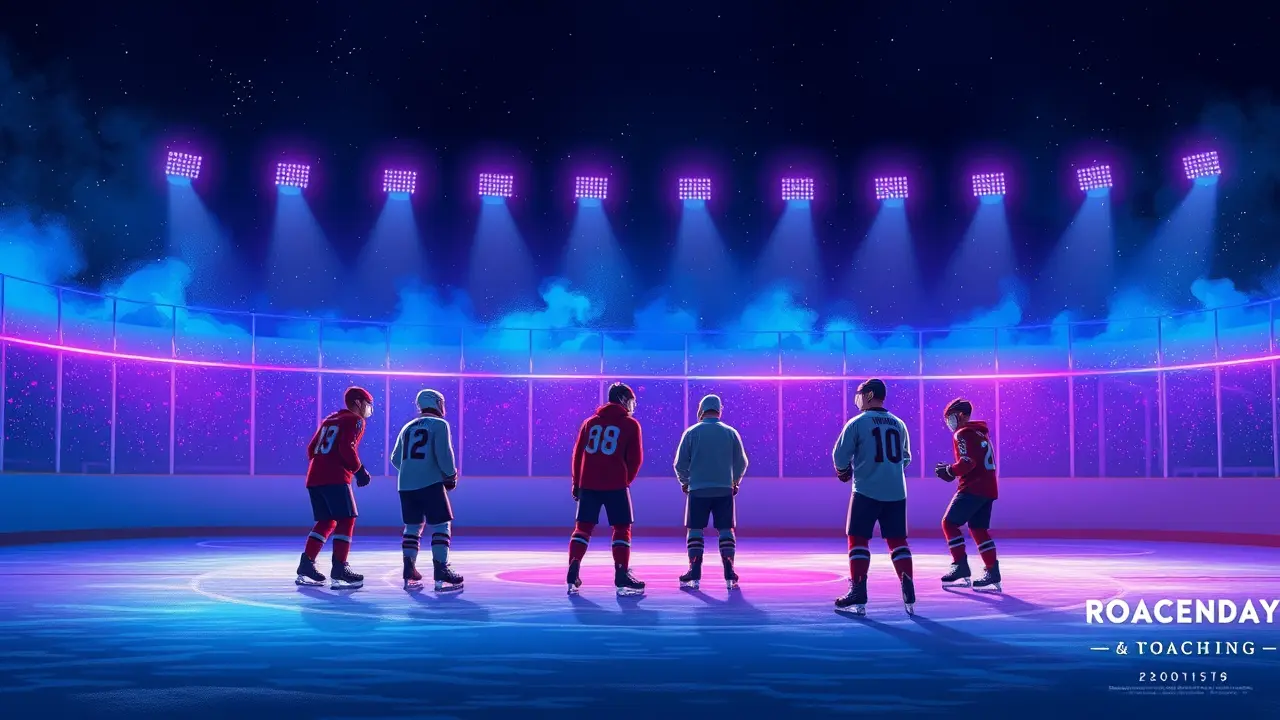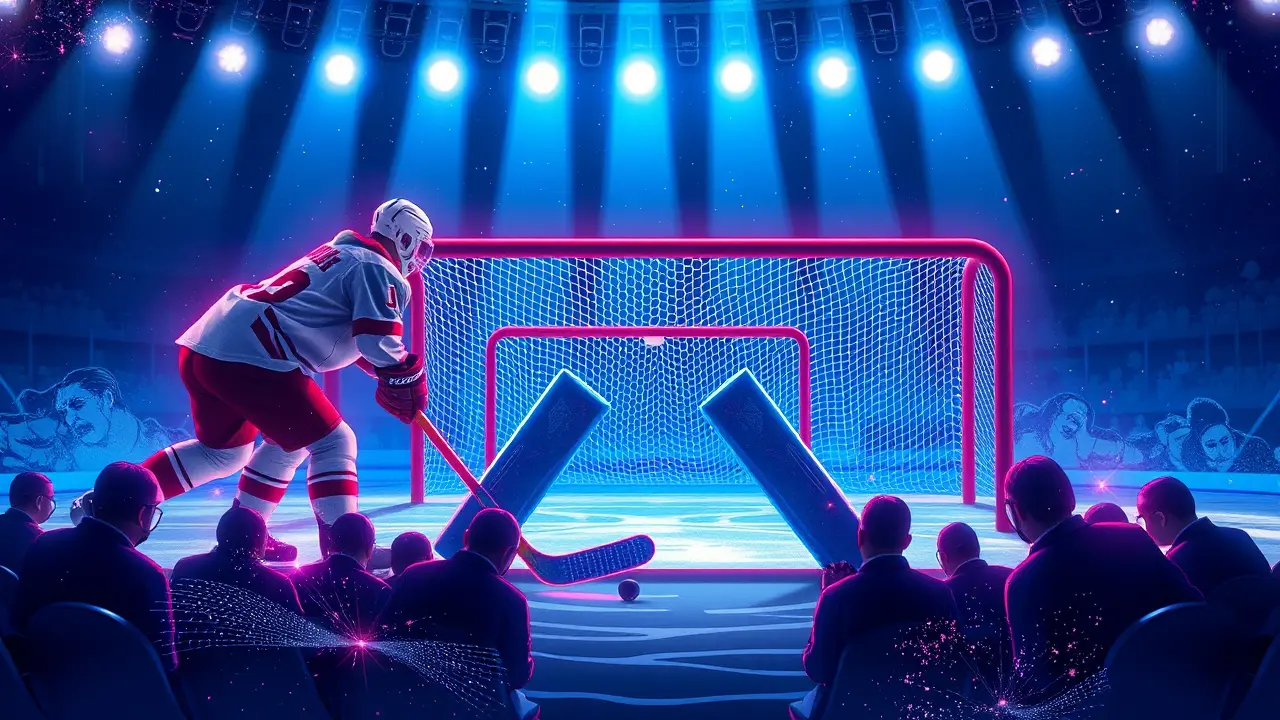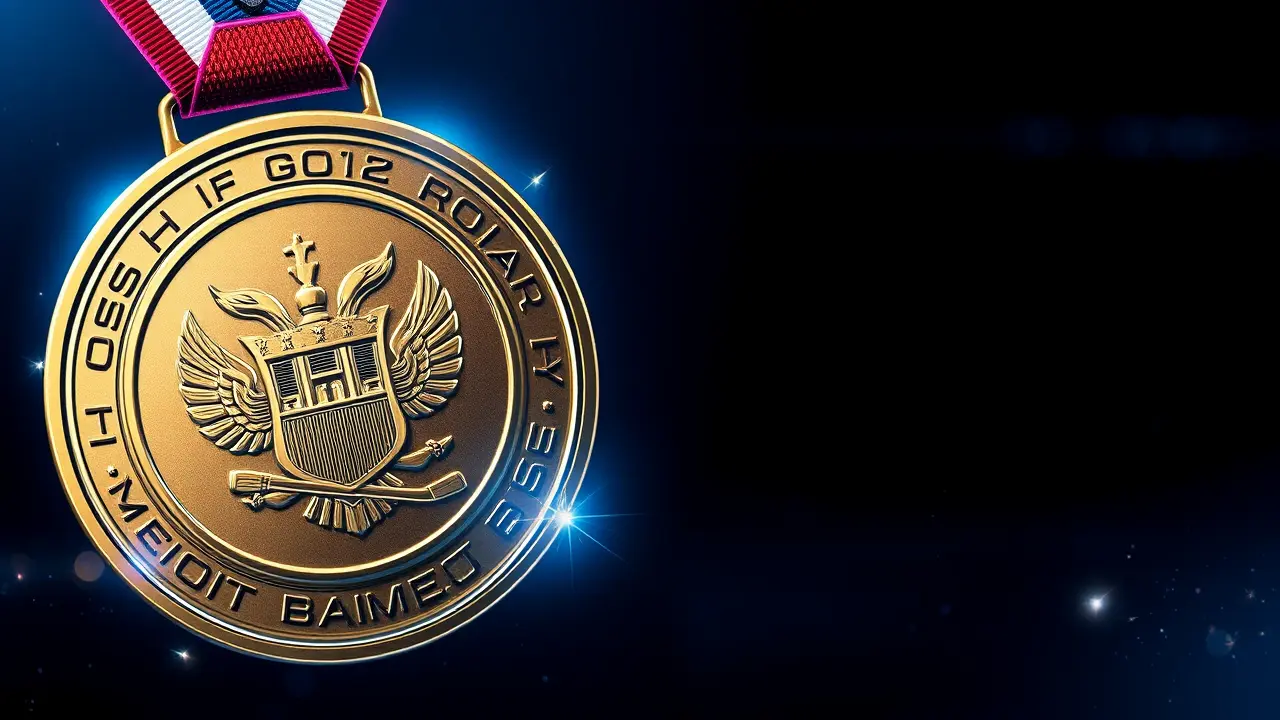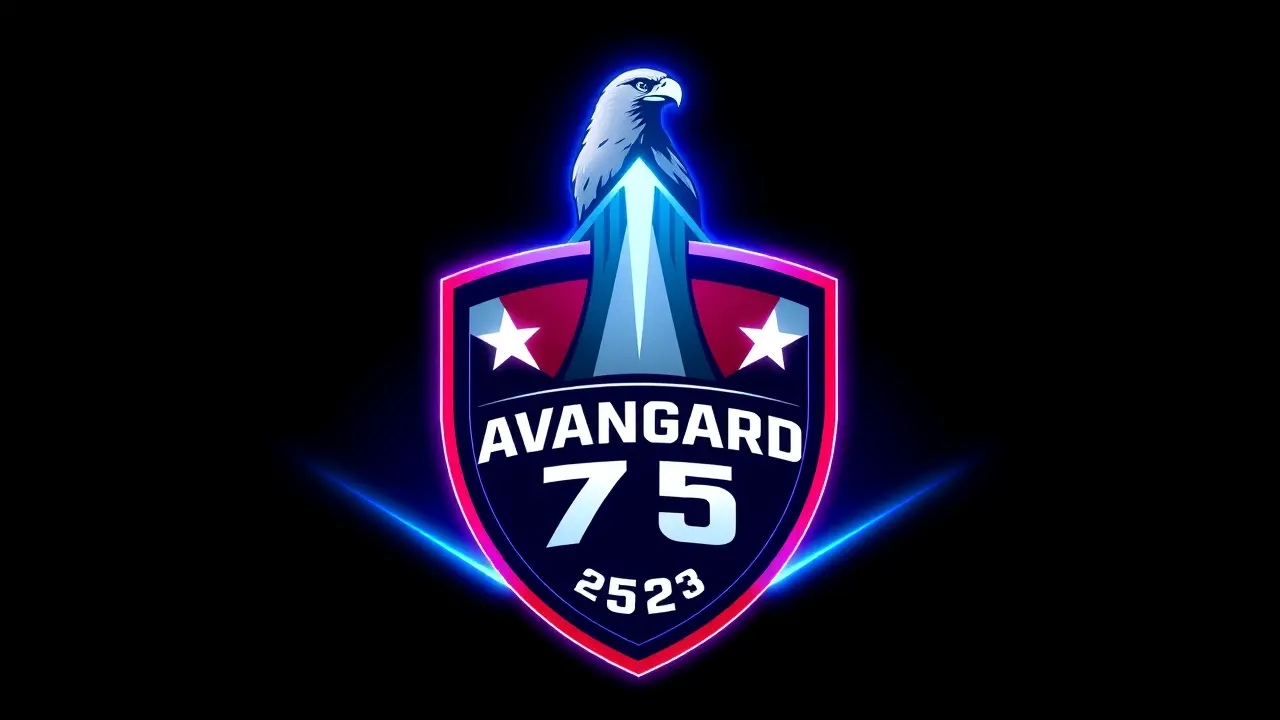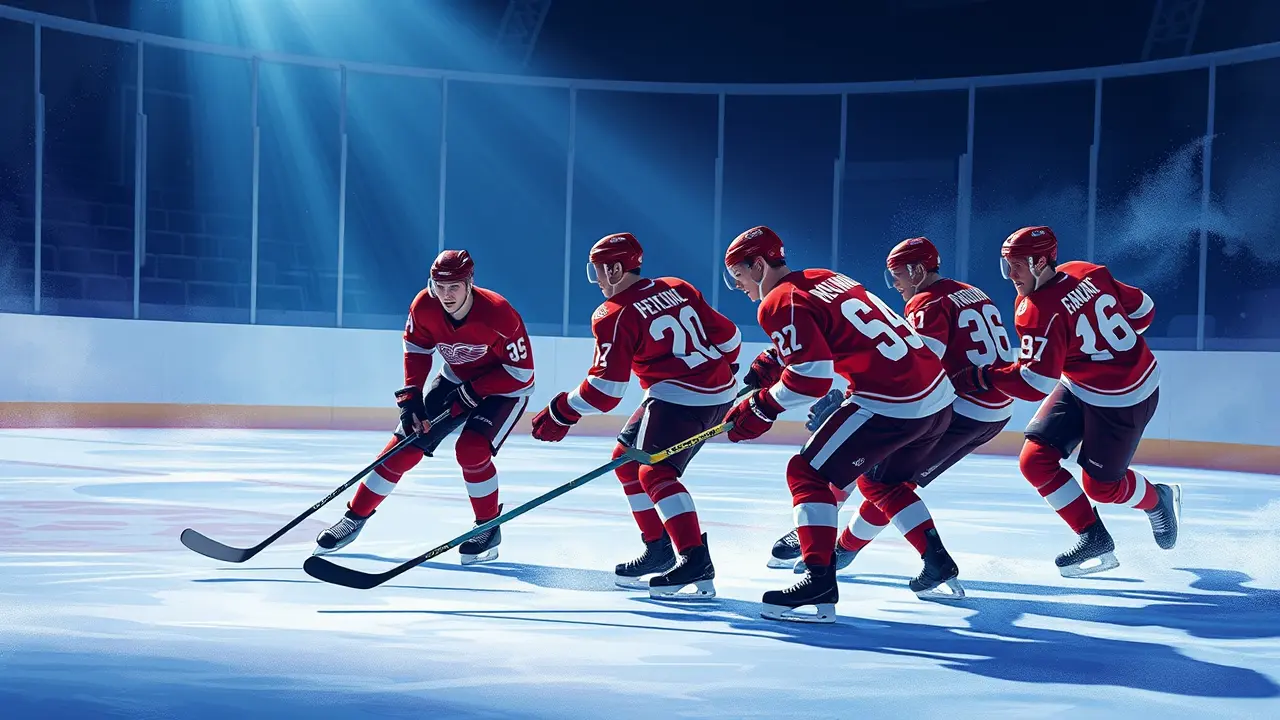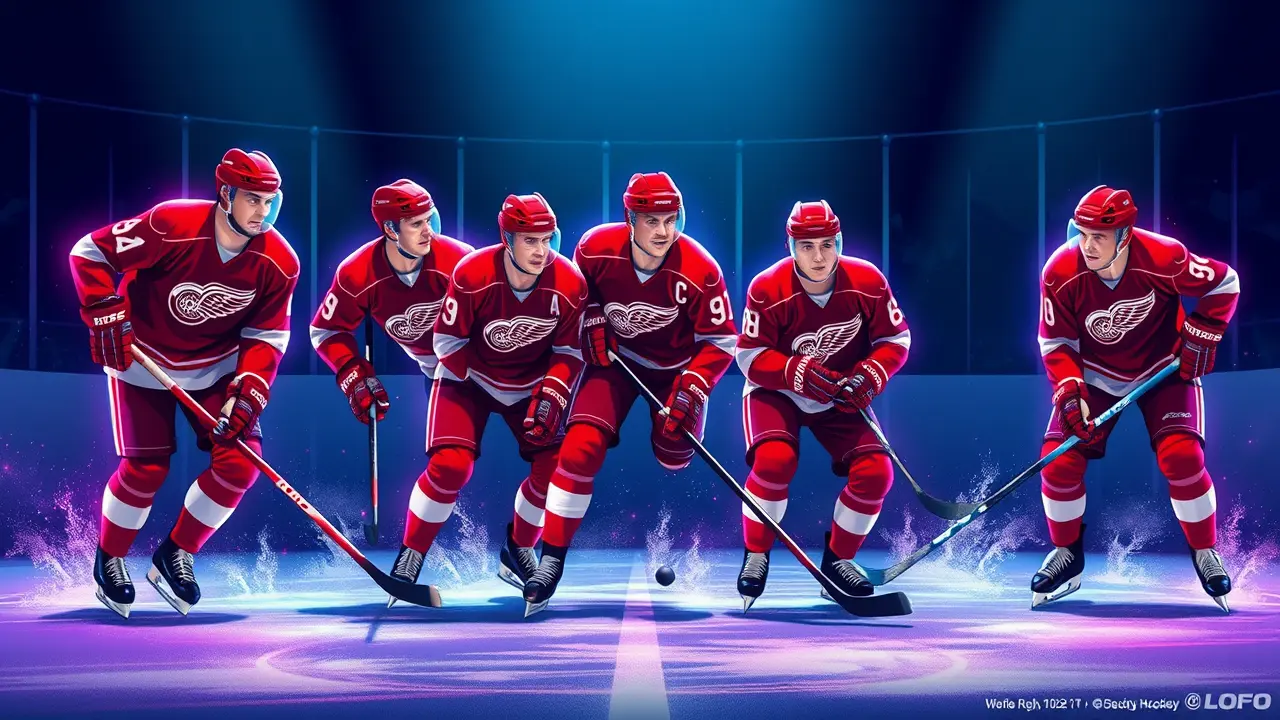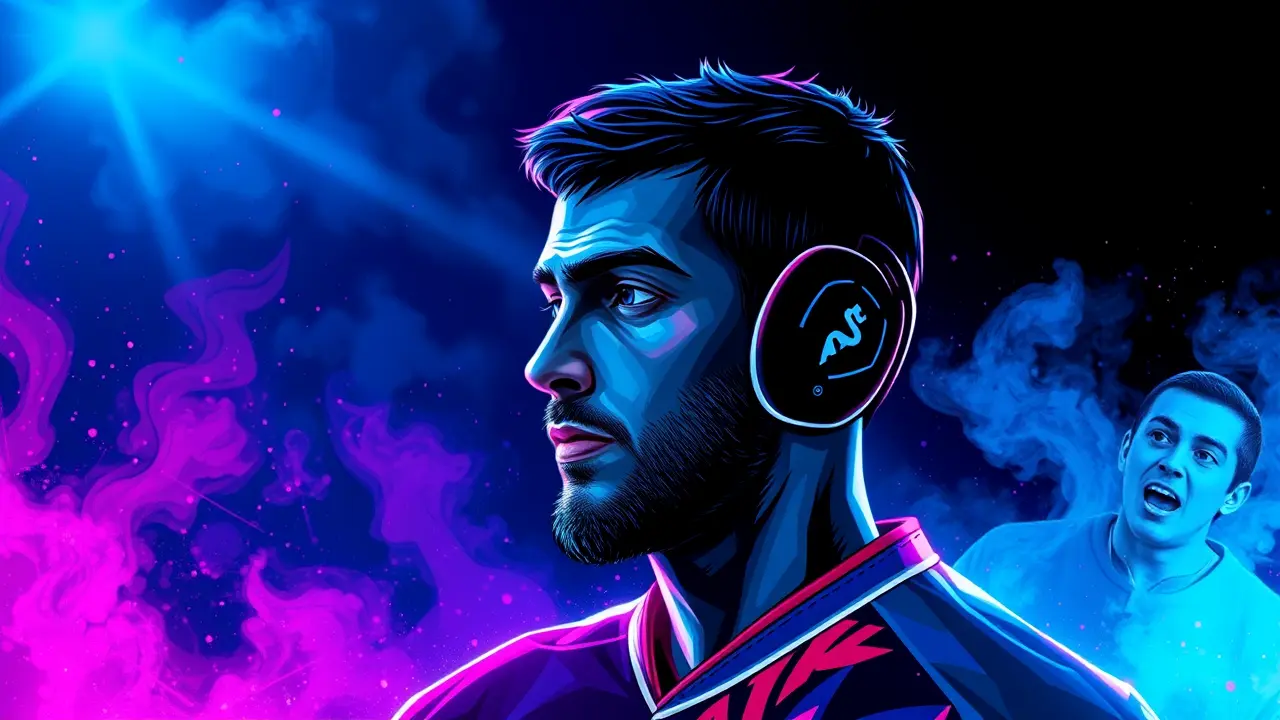
Hottest
SporthockeyKHL
Spartak's Morozov Doesn't Travel With Team Despite Reduced Doping Ban
JA
Jack Turner
1 day ago7 min read
In a development that feels ripped straight from a high-stakes sports drama, Spartak Moscow's 25-year-old forward Ivan Morozov finds himself in a state of purgatory, left behind as his team embarked on a critical three-game road trip. This comes on the heels of what should have been a moment of liberation: the Russian Anti-Doping Agency (RUSADA) slashing his suspension for a positive cocaine test down to a mere one month, a sentence now technically served.The official line, as reported by TASS, is a bureaucratic limbo—the club awaiting the formal paperwork to make it all official. Yet, for anyone who follows hockey with the analytical eye of a football statistician, this reeks of a club in a deeply contemplative, and perhaps deeply troubled, state.Morozov, who had managed a promising 5 points (1 goal, 4 assists) in just 4 games this season before the scandal hit, is now a human question mark. His contract, temporarily suspended, hangs in the balance, and the silence from the Spartak camp is deafening.It’s a situation reminiscent of when a star player is benched not for injury, but for a failure of judgment, forcing a team to weigh raw talent against the integrity of the locker room. RUSADA’s statement provides the crucial, and frankly fascinating, context that makes this more than a simple doping case: they accepted Morozov’s evidence that the substance was used out-of-competition and was “not related to the enhancement of sporting performance.” This legal nuance is everything; it transforms the narrative from a classic athletic cheating scandal into a far more complex tale of personal conduct and the modern athlete's life outside the arena. It’s the hockey equivalent of a technical foul versus a flagrant one—the punishment is reduced, but the stain on the reputation remains.For Spartak’s management, the calculus is brutal. Do they reintegrate a demonstrably effective player who was averaging over a point per game, a statistical gem in the rough-and-tumble KHL, or do they make an example of him, prioritizing club culture and the message it sends to young fans and sponsors? One must look at the historical precedents across sports; clubs that swiftly cut ties with players embroiled in such controversies often face short-term pain for long-term brand preservation, while others, driven by the relentless pursuit of victory, absorb the PR hit for a chance at glory.The ghost of players like Andrei Kostitsyn, whose career was marred by off-ice incidents, likely haunts this decision. The broader context here is the perpetual shadow of doping in Russian sports, a narrative that Spartak, and the KHL at large, are undoubtedly desperate to distance themselves from.Bringing Morozov back immediately could be seen as tone-deaf, a signal that performance, when not chemically enhanced but merely accompanied by personal misconduct, is still the ultimate currency. Yet, keeping him sidelined sacrifices a tangible asset in a league where every point is precious.Expert commentary would surely be divided; some old-school pundits would argue the club comes first, always, and that a broken trust is irreparable. Others, more analytically inclined, would point to his on-ice plus/minus of zero—indicating he was neither a defensive liability nor a standout—and argue that his offensive output is a rare commodity not easily replaced.The consequences ripple outward. For Morozov, this is a career inflection point more defining than any playoff game.For Spartak, it’s a test of institutional character. And for the FONBET KHL, it’s another data point in the ongoing audit of its global image. The decision, when it finally comes, will be a telling indicator of what this historic club truly values most.
#hottest news
#Ivan Morozov
#Spartak Moscow
#doping suspension
#KHL
#positive test
#contract suspension
#team travel
Stay Informed. Act Smarter.
Get weekly highlights, major headlines, and expert insights — then put your knowledge to work in our live prediction markets.
Related News
© 2025 Outpoll Service LTD. All rights reserved.
